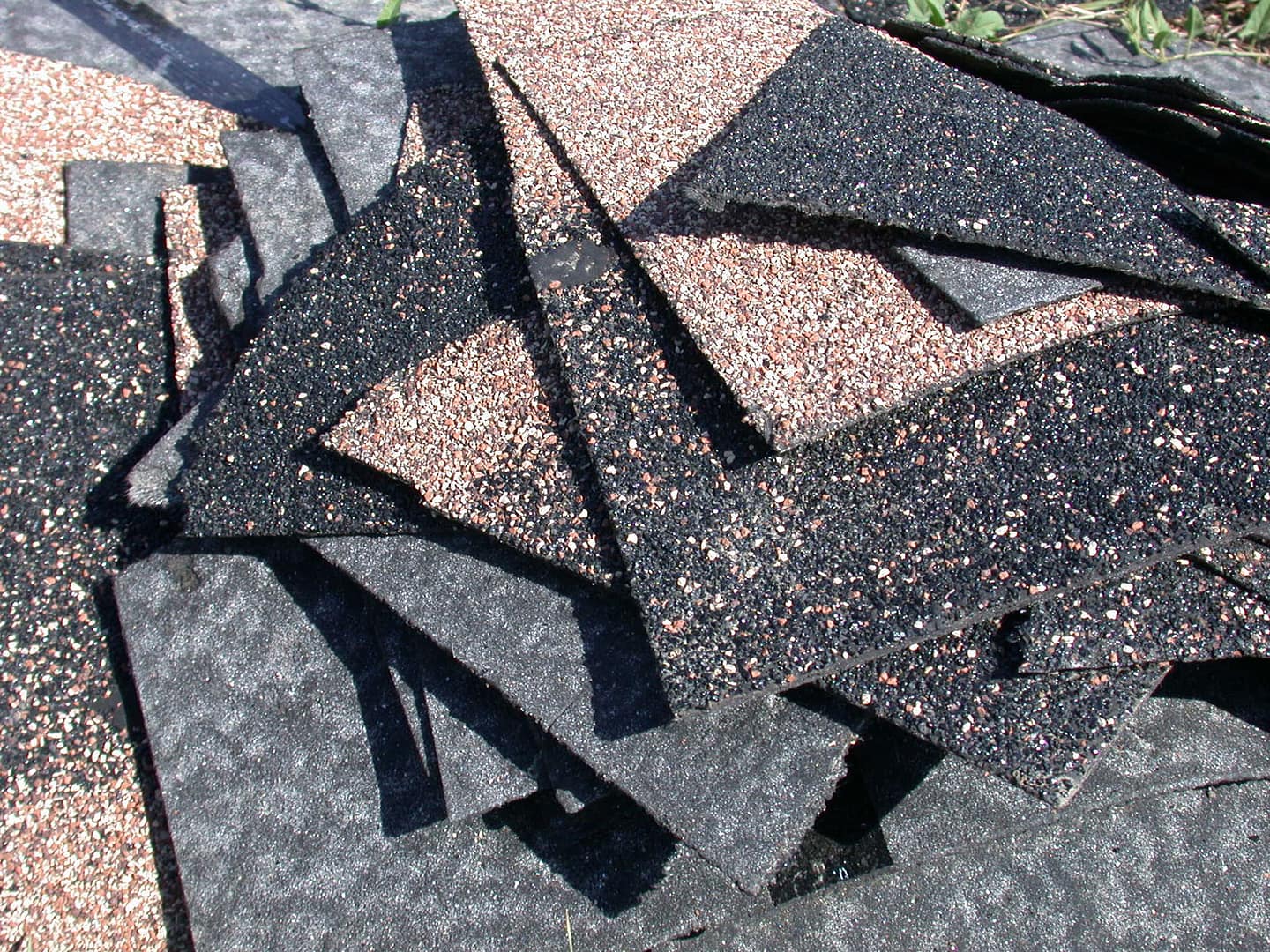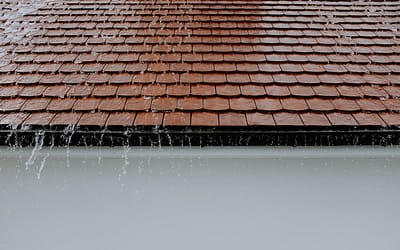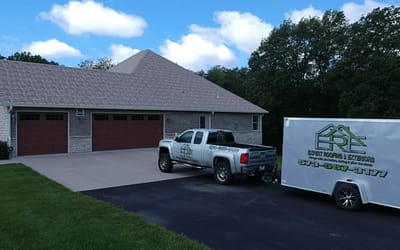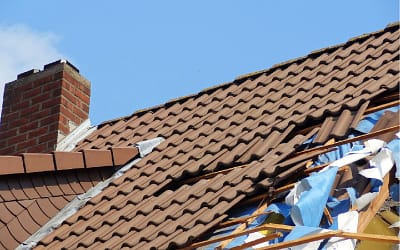Asbestos was used quite often when constructing roofing shingles between the 1930s and 1970s. If your roof is old enough, you may still have asbestos shingles on your home. At Expert Roofing & Exteriors we know that the word asbestos can raise concern over the safety of you, your home, and your family. That’s why our roofing experts are here to help explain what to do if you have asbestos shingles on your roof.
Asbestos
Before we cover the what’s what on asbestos roofing shingles, let’s start by covering what asbestos is. According to asbestos.com, asbestos is a naturally occurring mineral that can be pulled into a fluffy consistency. Asbestos fibers are soft and flexible yet resistant to heat, electricity and corrosion. These qualities make the mineral useful, but they also make asbestos exposure highly toxic. When someone inhales or ingests asbestos dust, the mineral fibers can become forever trapped in their body.
Do I Have Asbestos Shingles?
Knowing if you have asbestos shingles on your home can be difficult to detect. We recommend calling in a professional to assess the situation. We DO NOT recommend that you climb onto your roof and try to figure it out yourself. While we understand that calling someone to come look at them may not be what you want to do – it is in the best for your safety. At Expert Roofing & Exteriors we offer risk-free assessments for your roof. That means we will come take a look at your roof and help you determine if the shingles are made of asbestos – for free. Give us a call at (573) 567-3177 or use our online contact form.
I Have Asbestos Shingles. What’s Next?
If you do have asbestos shingles, there may be nothing to worry about. While asbestos is dangerous if it gets into the air and you breathe it in, it is harmless if left alone. Don’t try to remove the asbestos shingles on your own. Once you start to bend and break the shingles the fibers can get into the air and your lungs. There are also specific government regulations that outline the proper way to remove and dispose of the shingles.
What’s the Process to Get Rid of Them?
If it is time for you to get a new roof, or if you’d just prefer to not have asbestos shingles on your roof, the first step is to contact a roofing contractor. The roofing contractor will come out and assess the roof and talk to you about roofing material options. The roofing replacement process for asbestos shingles is similar to the regular roofing replacement process – with a few extra steps. You can read more about the regular roofing process by clicking here.
So, what are the extra steps? Well, the first step is to wear additional protective equipment. The entire crew must wear OSHA approved gear that is designed for protection against asbestos. When removing the shingles, the crew must take special precautions to avoid breaking the shingles up. Remember that asbestos shingles aren’t harmful until they are broken and release their fibers into the air.
The final difference is disposal. During traditional roofing replacements the old shingles are thrown into a dumpster or the back of a truck and hauled off. But, because of the dangers involved with asbestos the shingles must be placed in special bags. Those bags must then be taken to a certified disposal facility.
What’s the Cost?
Just like a traditional roof replacement, the cost is going to vary depending on the size and construction of your roof. It will also depend on what type of replacement roof you want. You can find out more about the different types of roofing materials by clicking here. Are you looking for the best roofing materials? We put metal roofing and asphalt shingles head to head in a previous post which you can find here.
Keep in mind that the cost of replacing an asbestos roof will be more expensive than replacing a regular roof. Because of the added precautions, government regulations, and disposal method there will be additional costs associated with the replacement. Another thing to keep in mind is how long the job will take. A traditional replacement takes 1-2 days. However, because the material is hazardous the crew will typically take longer to prevent anyone from getting hurt.





